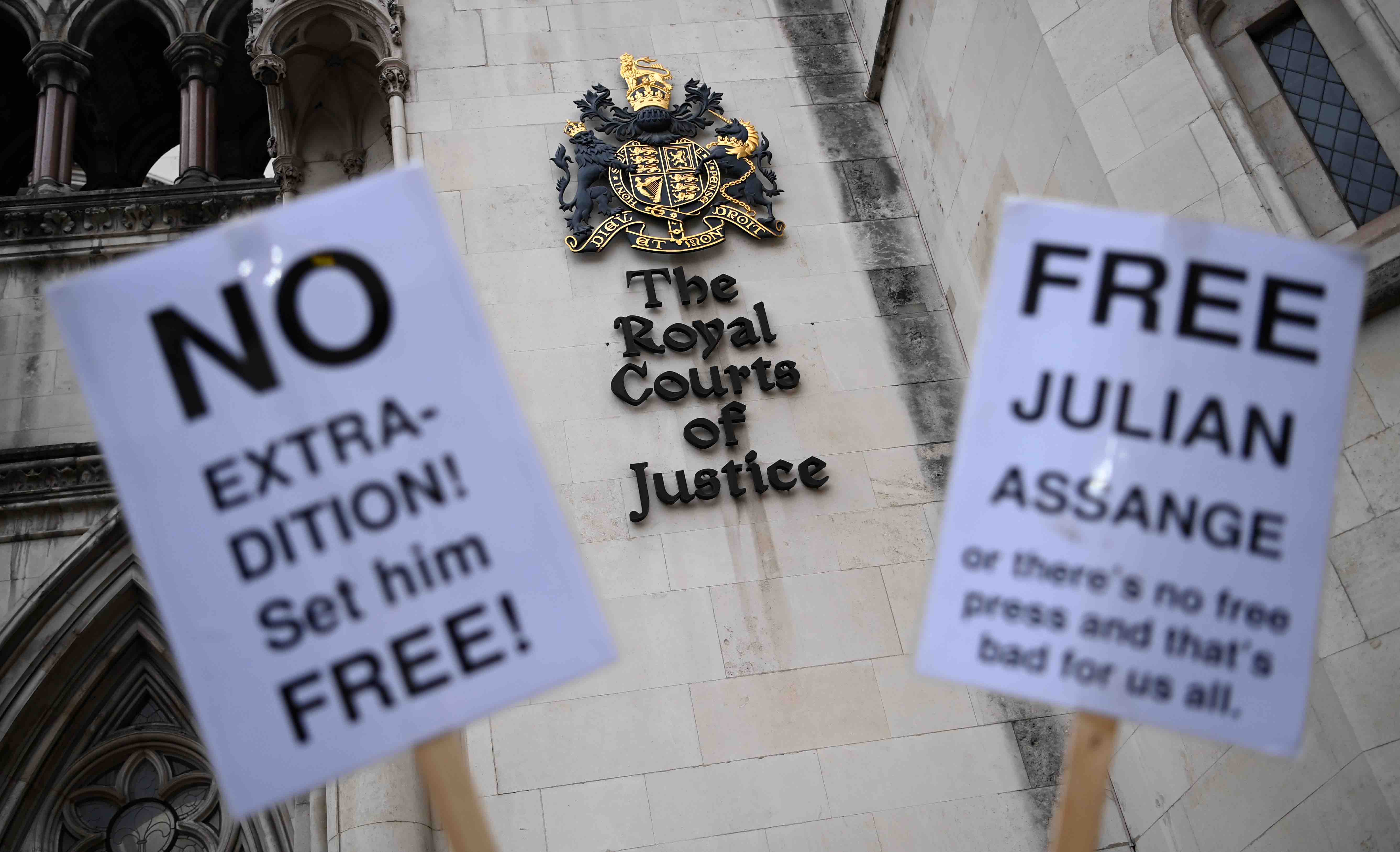The International Press Institute (IPI) continues to urge the U.S. government to drop its prosecution of Julian Assange under the Espionage Act, which poses a serious risk to press freedom and the right to information.
WikiLeaks founder Julian Assange is inching closer to being extradited to the United States to face espionage charges after the UK Supreme Court on Monday refused to hear his extradition appeal.
In December, Britain’s High Court ruled that Assange can be extradited by the UK government, overturning an earlier lower court ruling barring his extradition. On Monday, the Supreme Court refused an application by Assange’s lawyers to appeal the December decision, ruling that the “application didn’t raise an arguable point of law”, according to media reports.
Assange has been charged by the U.S. government under the Espionage Act in connection with WikiLeaks’s publication of secret U.S. government documents in 2010. If convicted, he faces up to 175 years in prison.
IPI continues to strongly oppose Assange’s prosecution under the Espionage Act on grounds that it poses a critical and unacceptable threat to the media’s right to gather and publish information that is in the public interest. The use of this 1917 law, which criminalizes the disclosure of classified information, sets a dangerous precedent for punishing journalists in relation to core news gathering and reporting activities. It has the potential to cast a chilling effect over national security reporting in the U.S. and around the world.
Assange now has limited options for further appeal. The extradition will need to be ratified by the UK’s home secretary, after which Assange can challenge the decision by judicial review. His legal team could also take his case to the European Court of Human Rights, according to reports.
